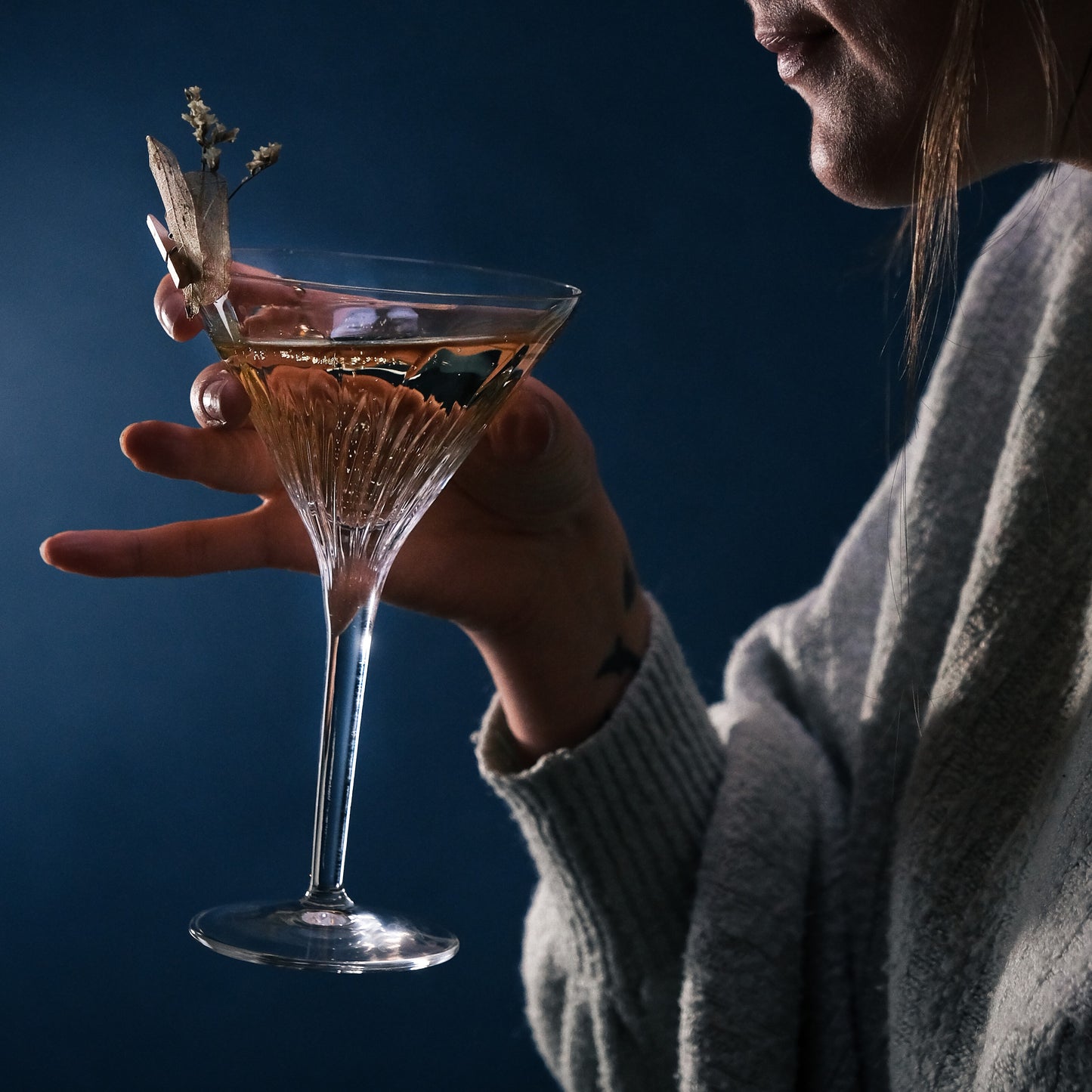
Taste is one of our most complex senses. It involves a multitude of factors: physical, genetic, socio-cultural… When a restaurateur speaks to you of “experiences” or that a spirit invites you to travel, they put your brain in taste condition.
Nah, not the spinach. Bah oysters! Yuck endives... Many children share the same rejections of food, as most, on the contrary, favor fries or chocolate. Here, the lipids, the fat, would act as an attractive flavor enhancer. While studies show that younger people are more willing to spot the bitterness of vegetables, which would explain their frequent repulsion. Chemistry and genetics lead the way when it comes to taste. Canteen memories, for example, also have their influence. Lasting disgust has been built there. The culinary qualities of collective kitchens are as much in question as the presentation of certain unsavory bowls. Our taste representation system is partly based on sight and reminiscences are tenacious. Let us remember in particular the anti-waste campaign to rehabilitate ugly vegetables. https://www.youtube.com/watch?v=lWpwIGVzxJA
Grilled grasshoppers or a steak?
In addition to the tongue, the palate and the sight, our brain is also a powerful agent of perception of taste, bringing environmental, socio-cultural, historical touches... No matter how much we praise the qualities of a dish of grasshoppers, knowing that their flavor is comparable to that of roasted peanuts, that it is better for the planet to enjoy them than to enjoy a steak… not easy. Have you tried to argue for snails or sheep's stomach? Not easy either… Numerous studies have shown the influence of representations in the appreciation of flavours. The same dish tasted in a totally different context does not have the same palatability. This is why in modern restaurants we prefer to speak of “experiences”, as a package that includes several complementary sensations. Neat decor, beautiful dishes, background music, an unobstructed view, friendly waiters... Everything to put us in the best position to serve taste.
The stories make the taste too
About Atlantis, the first spirit of the Optimae brand, the restaurateur David Séguin talks about real novelty, likely to destabilize a little. “We are not used to this kind of complex products. We don't necessarily understand them at first. “Where does this heat come from? What does this blend of cosmopolitan spices from distant worlds tell me? You have to make a little effort to make yourself available mentally, to let go in order to fully appreciate it. Like a journey that would arouse our curiosity by getting off the beaten track, the implementation of Optimae's storytelling really contributes to its tasting. The brain races when it comes to telling it stories, so let it carry you culturally and enjoy.
